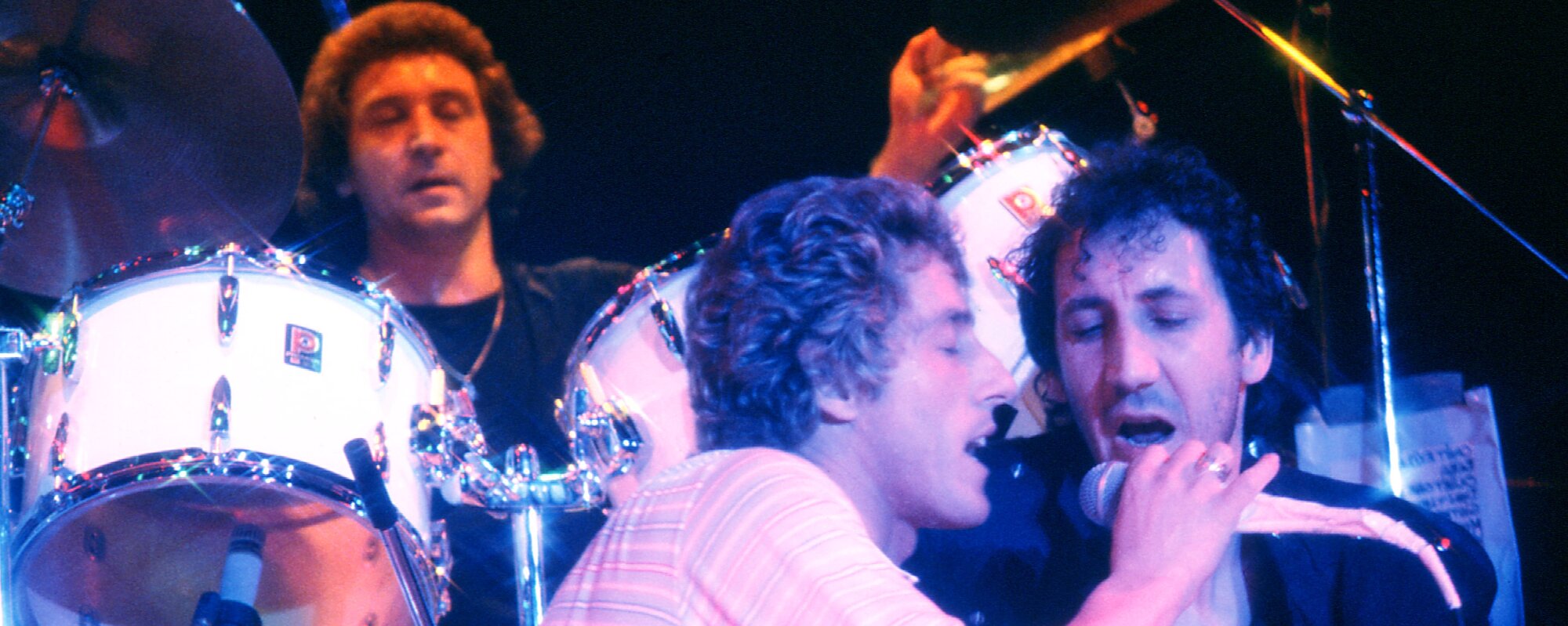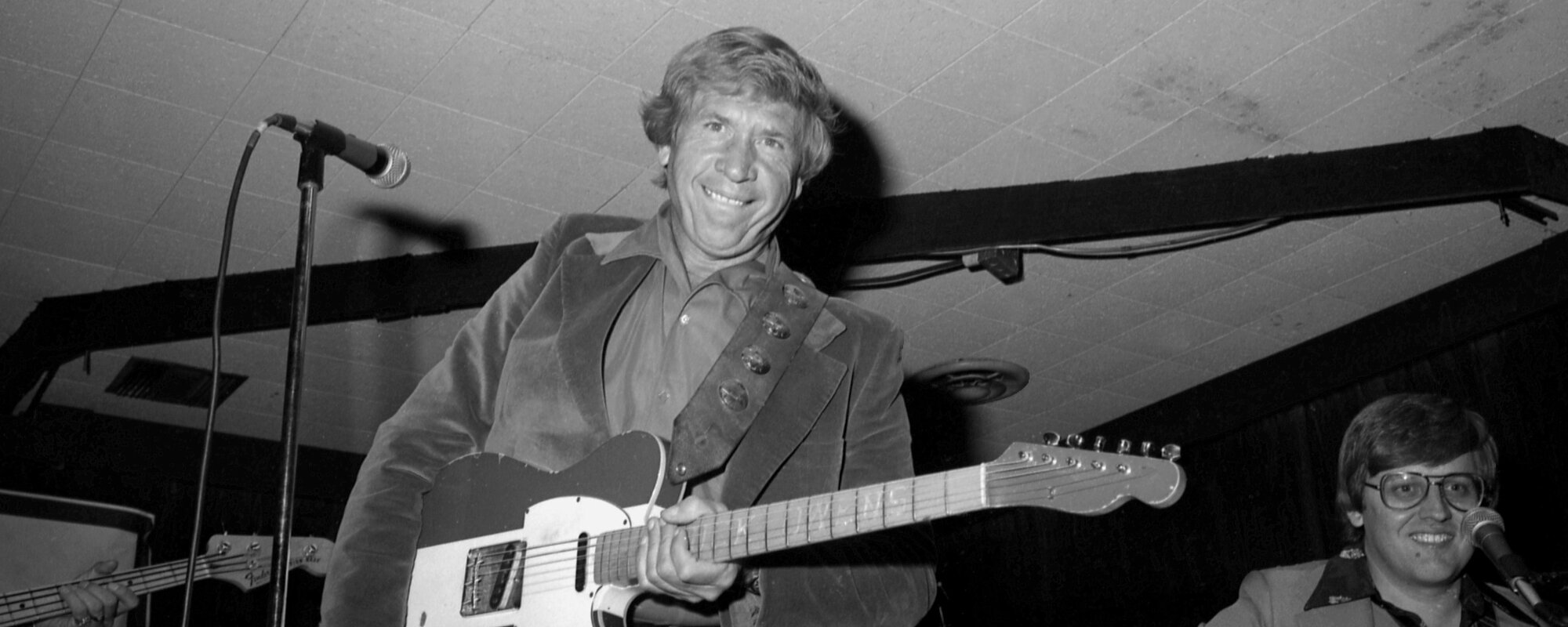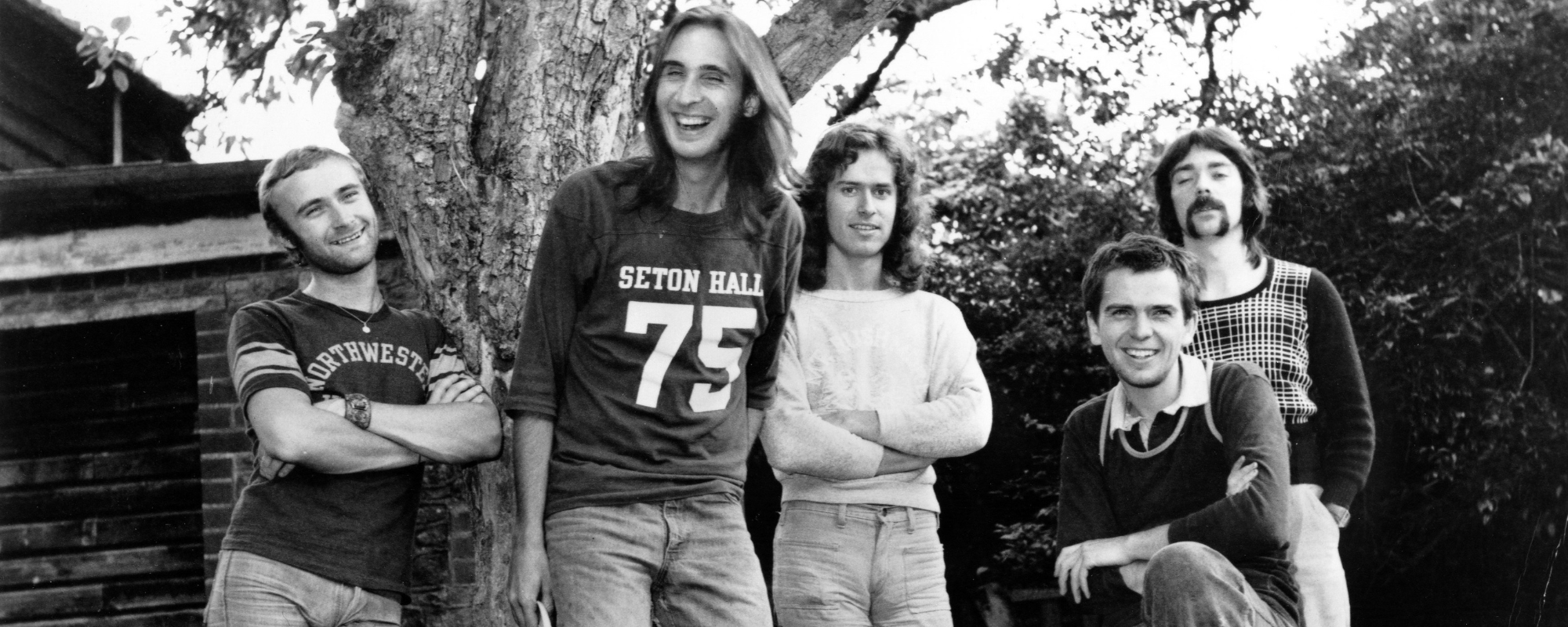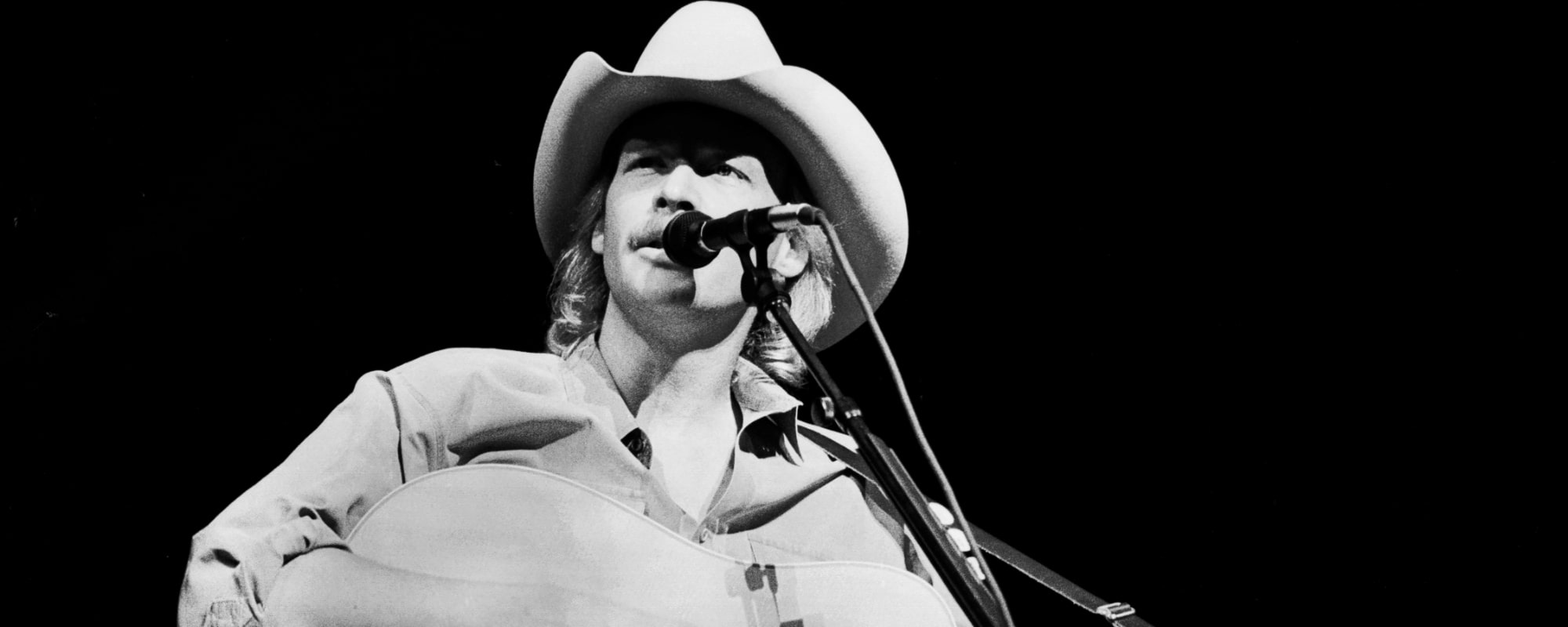The 1968 Glen Campbell classic, “Wichita Lineman,” is a song that seems to transcend genre, decade, and demographics. It’s as much a song for the cerebral intellectual as it is for the blue-collar working man. Written by Jimmy Webb and cited by countless artists as one of their favorite songs of all time, “Wichita Lineman” is undoubtedly in a league of its own.
Videos by American Songwriter
From the lush arrangements to the yearning lyricism, there are many reasons why someone might love the iconic cut. Billy Joel managed to cut through the swirling sentimentality of the track to describe its essence in one short sentence, and his succinct accuracy was enough to bring tears to Webb’s eyes.
Billy Joel’s Description Of “Wichita Lineman”
Opening with a descending bass lick by Wrecking Crew alum Carol Kaye, “Wichita Lineman” sets the scene for the next three minutes of yearning emotion, expansive scenery, and some of the best one-liners the 1960s ever had to offer. The song wastes no time in introducing the narrator: I am a lineman for the county, and I drive the main road, searching in the sun for another overload. But just as the listener settles into what might be a working song, the mood shifts.
I hear you singing in the wire. I can hear you through the whine, and the Wichita lineman is still on the line. Suddenly, the song becomes more sentimental than its opening line might suggest. “Wichita Lineman” isn’t necessarily about the arduous task of working on sky-high telephone poles in the vast expanse that is the Kansas countryside, although that’s certainly part of the scene-building. It’s also a deeply romantic song, thanks to stunning lines like, And I need you more than want you, and I want you for all time.
The ordinariness of the narrator was what songwriter Jimmy Webb was trying to hammer home. But no one seemed to understand his intentions (at least, not fully, anyway), except Billy Joel. Webb told American Songwriter that the “Uptown Girl” singer “came pretty close one time when he said “Wichita Lineman” is a simple song about an ordinary man thinking extraordinary thoughts. That got to me. It actually brought tears to my eyes. I had never really told anybody how close to the truth that was.”
A Layered Song About Layered Individuals
Billy Joel’s summation of “Wichita Lineman” puts into words what draws so many of us to the 1968 Glen Campbell classic. Jimmy Webb crafted an elevated everyman’s song, flying in the face of other country tunes (if we’re to classify it as a country song, which Campbell would have argued against) that paint the working man as a one-track-minded individual who hates his boss and can’t wait to crack open a cold beer. The song is thoughtful, rugged, sentimental, and practical—no small feat for a three-minute track.
“What I was really trying to say was, you can see someone working in construction or working in a field, a migrant worker or a truck driver, and you may think you know what’s going on inside him, but you don’t,” Webb explained to American Songwriter. “You can’t assume that just because someone’s in a menial job that they don’t have dreams or extraordinary concepts going around in their head. You can’t assume that a man isn’t a poet. That’s really what the song is about.”
“Wichita Lineman” presents a layered juxtaposition of societal expectations and human emotions that is incredibly hard to capture in a hit song. So, it comes as no surprise that other award-winning songwriters have listed the track as one of their favorites, including Bob Dylan. The Glen Campbell hit stands alone as a genre-bending, decade-defying, and universally understood musical offering of the 1960s and beyond. Even if you weren’t able to summarize its effect into words like Billy Joel, the feeling one gets when listening to it is all the proof one needs.
Photo by CBS via Getty Images










Leave a Reply
Only members can comment. Become a member. Already a member? Log in.